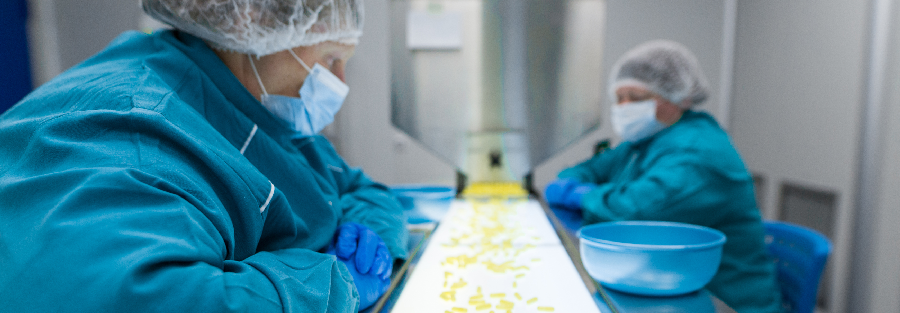The pharmaceutical industry is a dynamic and rapidly evolving sector. As we look ahead, the role of Contract Development and Manufacturing Organizations (CDMOs) is set to become even more significant. Here are some key trends and expectations shaping the future of contract manufacturing in the pharmaceutical industry.
1. Technological InnovationsThe integration of advanced technologies such as Artificial Intelligence (AI), machine learning, and electronic platforms is revolutionizing the operations of CDMOs. These technologies are enhancing efficiency, reducing costs, and accelerating production times. They are also enabling more sophisticated data analysis, which can drive innovation in drug development and manufacturing processes.
2. Real-Time Monitoring and Remote TracingThe advent of the Internet of Things (IoT) is enabling real-time monitoring of production processes. This allows pharmaceutical firms to remotely oversee their CDMO’s operations, ensuring quality control and timely response to any issues. This increased transparency and oversight are enhancing the efficiency and reliability of the supply chain.
3. Enhanced Supply Chain SecurityWith the increasing digitization of communication and data exchange, ensuring the security of supply chains is becoming paramount. CDMOs are implementing robust cybersecurity measures, including the use of blockchain technology, to protect sensitive information and production blueprints. This is crucial for maintaining trust and ensuring the integrity of the pharmaceutical supply chain.
4. Personalized Medicine and Small Batch ProductionsThe rise of personalized medicine is leading to a shift towards small batch productions. This trend is being facilitated by advancements in manufacturing equipment and processes, allowing for the rapid and cost-effective production of smaller batches of customized medicines. This capability is enabling CDMOs to better meet the needs of specific patient populations and respond more effectively to changes in demand.
5. Sustainability and Environmental ResponsibilityAs societal awareness of environmental issues grows, sustainability is becoming a key consideration in the pharmaceutical industry. Future-focused CDMOs are adopting more environmentally friendly manufacturing processes, reducing waste, and minimizing their carbon footprint. This commitment to sustainability is not only good for the planet but can also enhance a company’s reputation and appeal to environmentally conscious clients and consumers.
6. Late-Stage CustomizationLate-stage customization is another emerging trend in contract manufacturing. This involves pre-assembling a product and then customizing it at a later stage based on specific market demands. This approach can increase efficiency, reduce the risk of errors, and ensure that products are compliant with the latest regulations.
7. Increased Collaboration and PartnershipsThe future of contract manufacturing will likely see increased collaboration between pharmaceutical companies and CDMOs. This can lead to the sharing of expertise, resources, and risk, potentially leading to more innovative and effective solutions.
In conclusion, the future of contract manufacturing in the pharmaceutical industry will be shaped by technological innovations, real-time monitoring, enhanced supply chain security, personalized medicine, sustainability, late-stage customization, and increased collaboration. As the industry continues to evolve, it will be fascinating to see how these trends unfold and how companies like Saurav Chemicals Limited (SCL) navigate this changing landscape.




